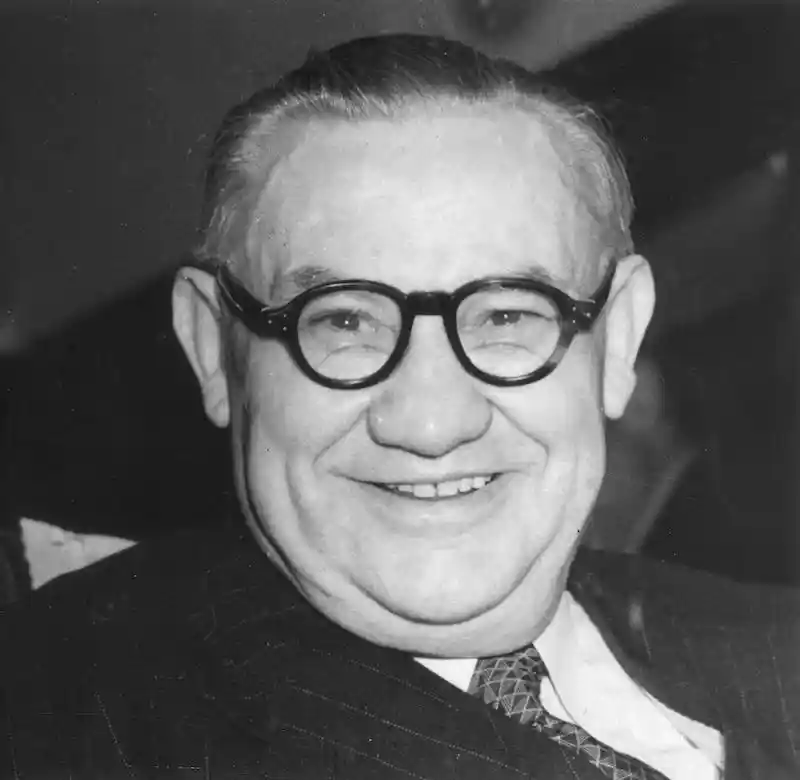Gandhi meets Bevin
The British Foreign Affair Ministry, perplexed at the diversity of Indian languages, cultures, religions and Gods said that 'India was ungovernable'. However, given India's history and talent, Gandhi thought otherwise.

Ernest Bevin, Minister of Foreign Affairs 1945-1951; Image Source: Britannica
2nd January 1947 was the day Mohandas Gandhi met Lord Ernest Bevin. Bevin was responsible for Foreign Affairs (except India) under Prime Minister Clement Richard Attlee of the Labour Party. The Labour Party came to power in Britain following World War II and was largely sympathetic to the cause of Indian Independence. They had realized that freedom for India could not be further delayed.
The rift between Muslim League and Congress was growing. The Indian Army was getting polarised and the Indian Navy had mutinied. Civil War loomed on India. A Cabinet Mission was sent to India, which analysed the political scenario in India and suggested that an interim government should be formed. A Constituent Assembly was convened of the members elected by the provincial nominees of the Indian states. Dr Rajendra Prasad became the president and Jawaharlal Nehru became the head of the interim government.
Attlee then appointed Mountbatten as the Viceroy of India. ‘A master stroke’, he called his action. Mountbatten asked for more powers than his predecessors had enjoyed and announced that British rule in India would not end before July 1948. Attlee gave following instructions to Mountbatten, "Keep India united if you can. If not, save something from the wreck. In any case, get Britain out".
Lord Bevin is known for the observation he made of India. “With half of the population of beggars and thieves, India is ungovernable. With more than 18 languages, 200 dialects, some 30 religions, 300 million people with castes and subcastes, a million gods, the nation is vast and is difficult to handle and manage”. Gandhi gave a subtle reply, “India has had eternity before her”.
Bevin’s statement showed that newborn India would face challenges and would be very difficult to manage. The British criticized the demography of India whereas Gandhi had full trust in the potential of India that it would foster growth and development within a few years and would be as efficient as any other nation in the world.
Mountbatten did try to work in haste and manoeuvred all in his power to keep India a British territory. However, the fire for freedom had ignited deep. The new Viceroy managed to keep communal riots at bay by bringing Congress and Muslim League on the same table and partitioning the subcontinent. He announced the date of British withdrawal - 15 August 1947, a year earlier than he had predicted.
The governability of India, its diversity in languages, cultures, religions and Gods stood a testimony of time. It still stands at the pedestal. Gandhi’s vision of eternity stands too. Rest is history!


